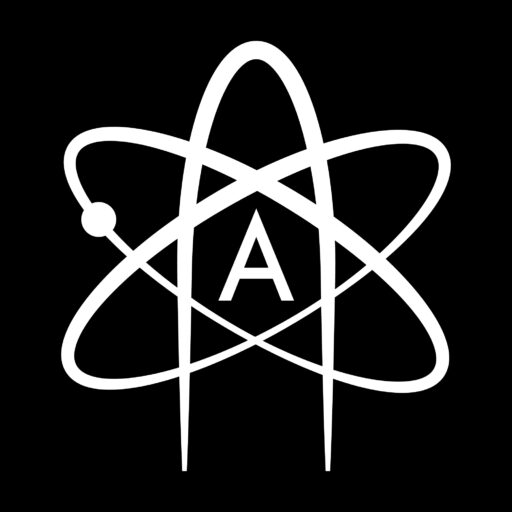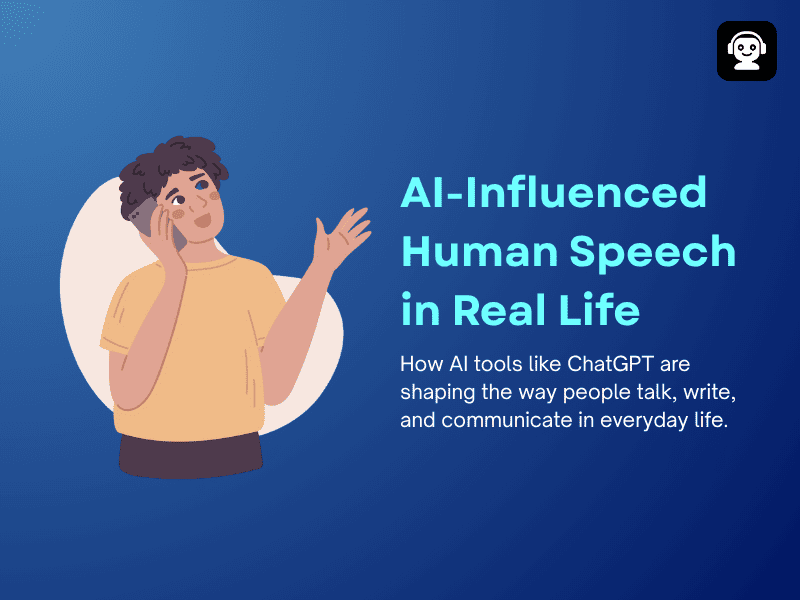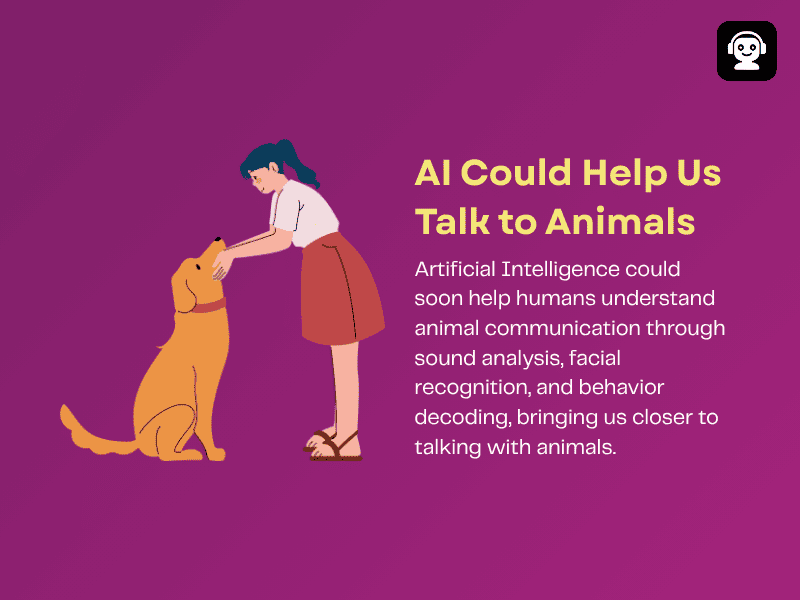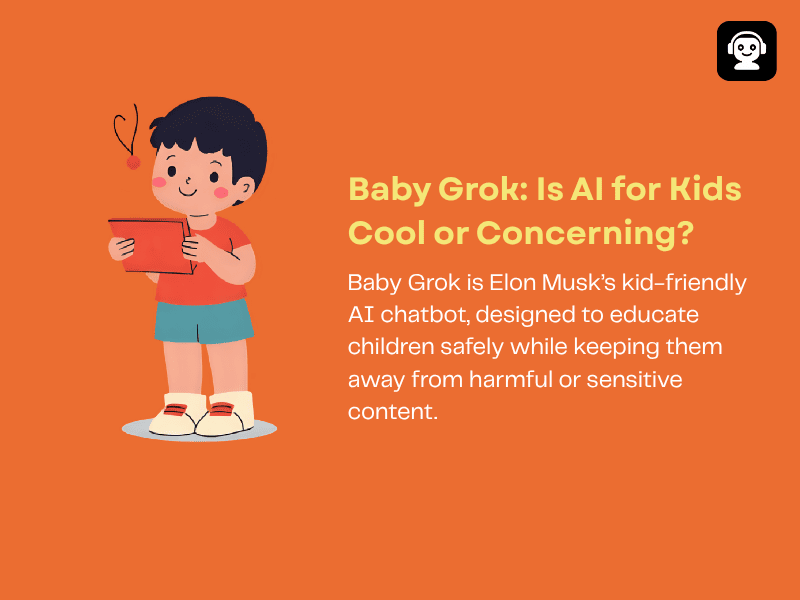Critical Thinking Crisis 2025: Are Students Losing Thinking Skills Because of ChatGPT?
Technology is often considered a blessing in our lives, but can also lead to an AI critical thinking crisis.
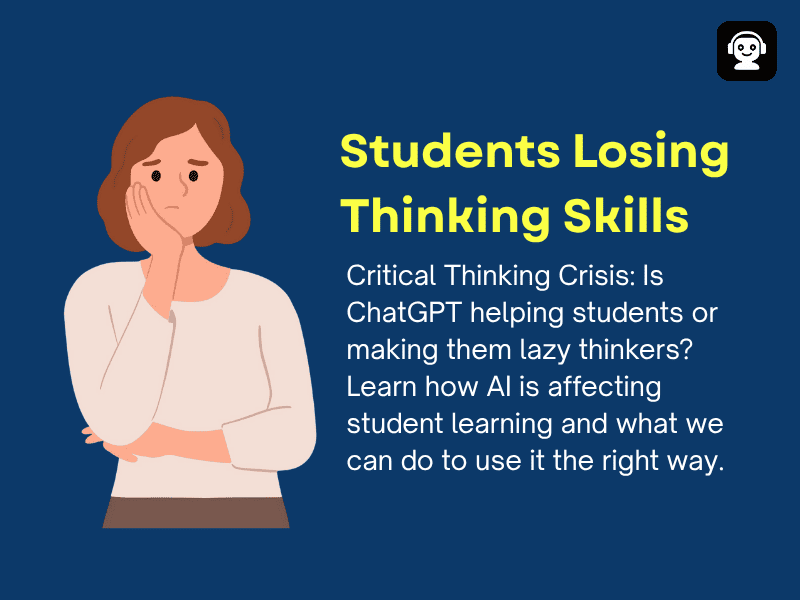
Technology is often considered a blessing in our lives, but can also lead to an AI critical thinking crisis. However, people often blame artificial intelligence and OpenAI ChatGPT for what is now referred to as the COVID-2.0 generation. This is mainly because people, mainly educators, believe that students have lost their critical thinking, as half of the students confess to using ChatGPT for quizzes, tests, or essays. This is not a harmful shortcut, but it can prove to be harmful in the future if they continue to use ChatGPT for all their answers and solutions.
Today, we shall be discussing what is known as the AI critical thinking crisis, which is a big controversy in today’s generation. Critics of the AI critical thinking crisis believe that students will inevitably find technology to work around, and it is not a bad thing since it has saved their time and boosted productivity in other tasks. But are we actually taking a deeper look at the uses of ChatGPT in education? In this article, we shall be talking about how generic AI platforms like ChatGPT have become the sole culprit of making students lose their reasoning and thinking.
What is AI Critical Thinking Crisis?
We have often found students cheating with AI, and this has now become very common due to how easily and quickly one can get answers. With the use of generic AI platforms increasing daily, we have started to notice critical thinking in students and many people of this generation. Even the proponents of classroom automation have argued that using these systems can lead to the decline of literacy, shorten attention span among students, and even encourage the use of plagiarized materials.
Young users have become the victims of an AI critical thinking crisis and should take lessons on how to use artificial intelligence. It shouldn’t be used always for your tasks, but rather it should be used as an assistant to brainstorm ideas and derive more creativity to boost your tasks. Some administrators have argued that banning popular technology, and especially artificial intelligence, can be fruitful, but is it actually true? Let’s discuss below for further details.
Responsibly Using Generic AI Platforms
One of the primary pieces of advice that one can receive is to put a stop to the use of AI systems and platforms. But that doesn’t solve the problem altogether, as artificial intelligence has become an integral part of our lives, and we will face a lot of difficulty doing repetitive tasks that require automation. Tools should always have ethical and responsible use at the guidance level, and they should never tempt anyone to write plagiarized articles and provide direct answers.
Apart from this, there is also a socio-economic gap that arises with the introduction of artificial intelligence in the education sector. The people who can’t afford artificial intelligence and its different platforms may fail to learn, and even give them a disadvantage in improving their lives.
Guidelines to Avoid AI Critical Thinking Crisis
There are a lot of ways through which we can avoid critical thinking decline and become more responsible users. Some of the guidelines to avoid AI critical thinking crisis and one should follow when they use technologies and artificial intelligence in their field, especially in education, are:
Co-Creating with Educators
The first principle to avoid the gap that can arise between logical thinking and students can be bridged by collaborating with artificial intelligence and teachers. Teachers can teach you different topics and subjects, and artificial intelligence can help you understand algorithms and how it is applicable in today’s world of technology.
No Direct-Answer Tools
In the field of education, there is no place for generic direct answers and ChatGPT often fails at the litmus paper test of giving and creating authentic learning. It is not a cheat sheet dispensary and the overuse of artificial intelligence should be reduced among students.
Learning Amplifier
People often use artificial intelligence to complete their tasks so that they can do other tasks. However, this should be avoided, and it shouldn’t be considered a shortcut engine. Artificial intelligence should be used as a learning amplifier as it can be an easy source to summarise materials and research papers and allow you to work on other things, as it saves time and effort.
Never Replacing Teachers
As much as we try, artificial intelligence can never replace teachers as it lacks the care, love, human emotions, and especially empathy that a teacher needs to have towards their students. This is required as psychology suggests that one can learn through association, which means that if you like the teacher and their teaching style, you end up liking the subject. This is necessary as AI teaching can sound monotonous.
Responsible Study Habits
AI should avoid introducing and encouraging scaffolding, plagiarism, and responsibly teach students about user analytics to alert them about the over-reliance. This is necessary so that they can keep a touch with the real world and don’t consider ChatGPT as their only friend and acquaintance.
Act Before it is Too Late
It is high time that teachers and educators understand the harmful behaviour one can exhibit when they rely too much on artificial intelligence. Critics often argue that students will automatically adjust to the rise of the stakes, but it assumes that they can change their cognitive switch. It is essential to inculcate literacy, strategy, street smarts, and collaborative behaviour among students so that they can think more than ChatGPT.
